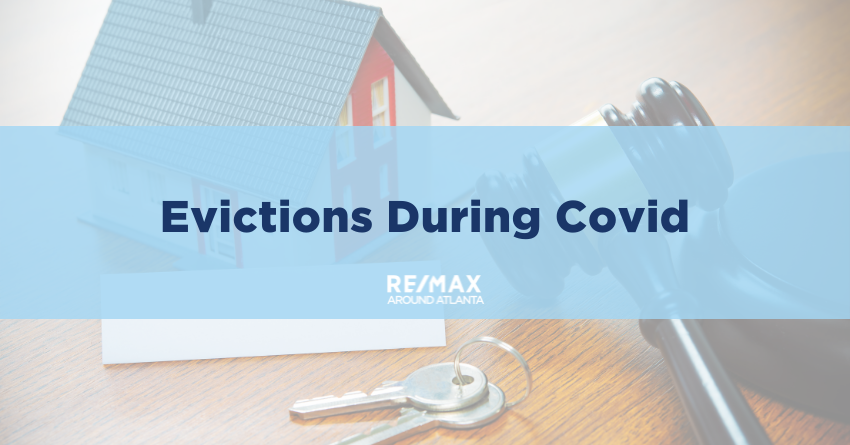|
Notice to Vacate and Eviction 120 Day Moratorium – CARES Act Covered Tenants Cannot be Forced to Vacate a Rented Property for Non-Payment Until August 23, 2020. Eviction and Rental Payment Protections CARES Act Section 4024(b) prohibits landlords of certain rental “covered dwellings” from initiating eviction proceedings or “charging fees, penalties, or other charges” against a tenant for the nonpayment of rent. These protections extend for 120 days from enactment.. (March 27, 2020). Section 4024(c) requires landlords of the same properties to provide tenants at least 30 days-notice before they must vacate the property. It also bars those landlords from issuing a notice to vacate during the 120- day period. In contrast to the eviction and late fee protections of Section 4024(b), which are expressly limited to nonpayment, Section 4024(c) does not expressly tie the notice to vacate requirement to a particular cause. Thus, Section 4024(c) arguably prohibits landlords from being able to force a tenant to vacate a covered dwelling for nonpayment or any other reason until August 23, 2020 (i.e., 120 days after enactment, plus 30 days after notice is provided). Section 4024(b)’s and (c)’s protections, however, do not absolve tenants of their legal responsibilities to pay rent. Tenants who do not pay rent during the eviction grace period may still face financial and legal liabilities, including eviction, after the moratorium ends.
What properties does the CARES Act Cover? The CARES Act protections apply to rental units in properties: (1) that participate in federal assistance programs (like Section 8), (2) are subject to a federally backed mortgage loan, (Fannie, Freddie, VA and FHA) or (3) are subject to a federally backed multifamily mortgage loan (more than 5 units). So unless the landlord owns the property outright or has a private mortgage, the Landlord is likely subject to this restriction. Landlord Relief Programs If tenants do not make rent payments during the moratorium, there financial ramifications for landlords and tenants. Relief programs established under the CARES Act and other government-provided assistance could mitigate the financial impact of missed rent payments. Landlords, for example, may be eligible for mortgage forbearance or small business loans and grants provided under different provisions of the CARES Act. Tenants may also be eligible for the act’s direct payments to individuals and enhanced unemployment compensation. These programs might ease the financial burdens of some landlords and tenants, but are unlikely to offset all financial burdens stemming from the pandemic. The CARES Act does not address how landlords can respond to missed payments after the moratorium ends. While the act bars landlords from charging late fees and other penalties because of a tenant’s nonpayment during the 120 days, whether or not late fees and interest on rental payments are prohibited from accruing during the grace period and being charged after it ends is unclear. After the 120-day period, landlords presumably could move to evict tenants who did not meet their rental obligations, subject to the CARES Act’s 30-day notice requirement and consistent with state and local laws. This information was largely adapted from a document prepared by the Congressional Research Service (CRS). CRS serves as nonpartisan shared staff to congressional committees and Members of Congress. It operates solely at the behest of and under the direction of Congress.
0 Comments
Leave a Reply. |
RMAAReal Estate News, Brokers Blog & More Categories
All
Archives
July 2024
|


 RSS Feed
RSS Feed